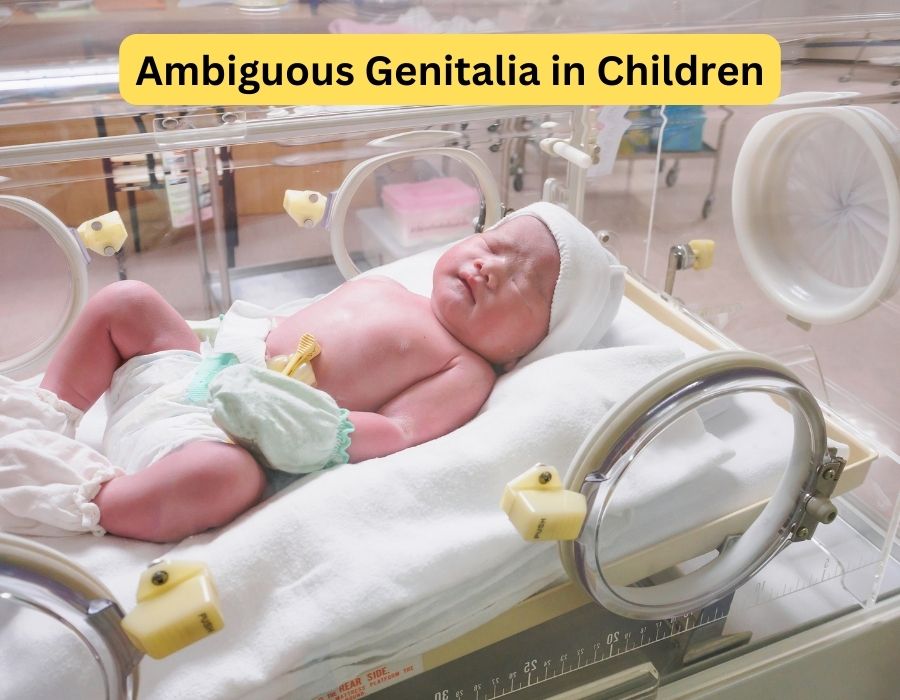Introduction
Ambiguous genitalia in children can be a challenging aspect for parents, requiring expert guidance. Dr. Saurabh Tiwari, a renowned pediatric surgeon in Mumbai, sheds light on the symptoms and causes of this condition, aiming to provide clarity and support for concerned families.
Understanding Ambiguous Genitalia
Ambiguous genitalia refers to a condition where the external genitals of a newborn do not have the typical appearance of either a boy or a girl. It can pose emotional and medical challenges for parents, necessitating a thorough evaluation by a specialist.
Symptoms
- Unusual Genital Appearance: Ambiguous genitalia can manifest as atypical genital structures that don’t align with typical male or female characteristics.
- Hormonal Irregularities: Hormonal imbalances may result in unexpected physical traits, such as an enlarged clitoris or a smaller-than-expected penis.
- Associated Anomalies: In some cases, ambiguous genitalia may be linked to other congenital conditions affecting the urinary or reproductive systems.
Causes
- Genetic Factors: Certain genetic conditions, such as congenital adrenal hyperplasia (CAH) or disorders of sex development (DSD), can contribute to ambiguous genitalia.
- Hormonal Imbalances: Irregularities in hormone production during fetal development can impact the differentiation of male and female genitalia.
- Medication or Exposure: Certain medications or exposure to hormones during pregnancy can influence fetal development.
Expert Insights from Dr. Saurabh Tiwari:
Dr. Saurabh Tiwari emphasizes the importance of early diagnosis and a multidisciplinary approach to managing ambiguous genitalia. Comprehensive medical assessments, including genetic testing and imaging studies, are crucial for determining an accurate diagnosis and creating an individualized treatment plan.
Conclusion
In the hands of an experienced pediatric surgeon like Dr. Saurabh Tiwari, families dealing with ambiguous genitalia can find reassurance and expert care. With a commitment to compassionate and informed healthcare, he guides parents through the complexities of this condition, ensuring the best possible outcomes for the child’s physical and emotional well-being.




